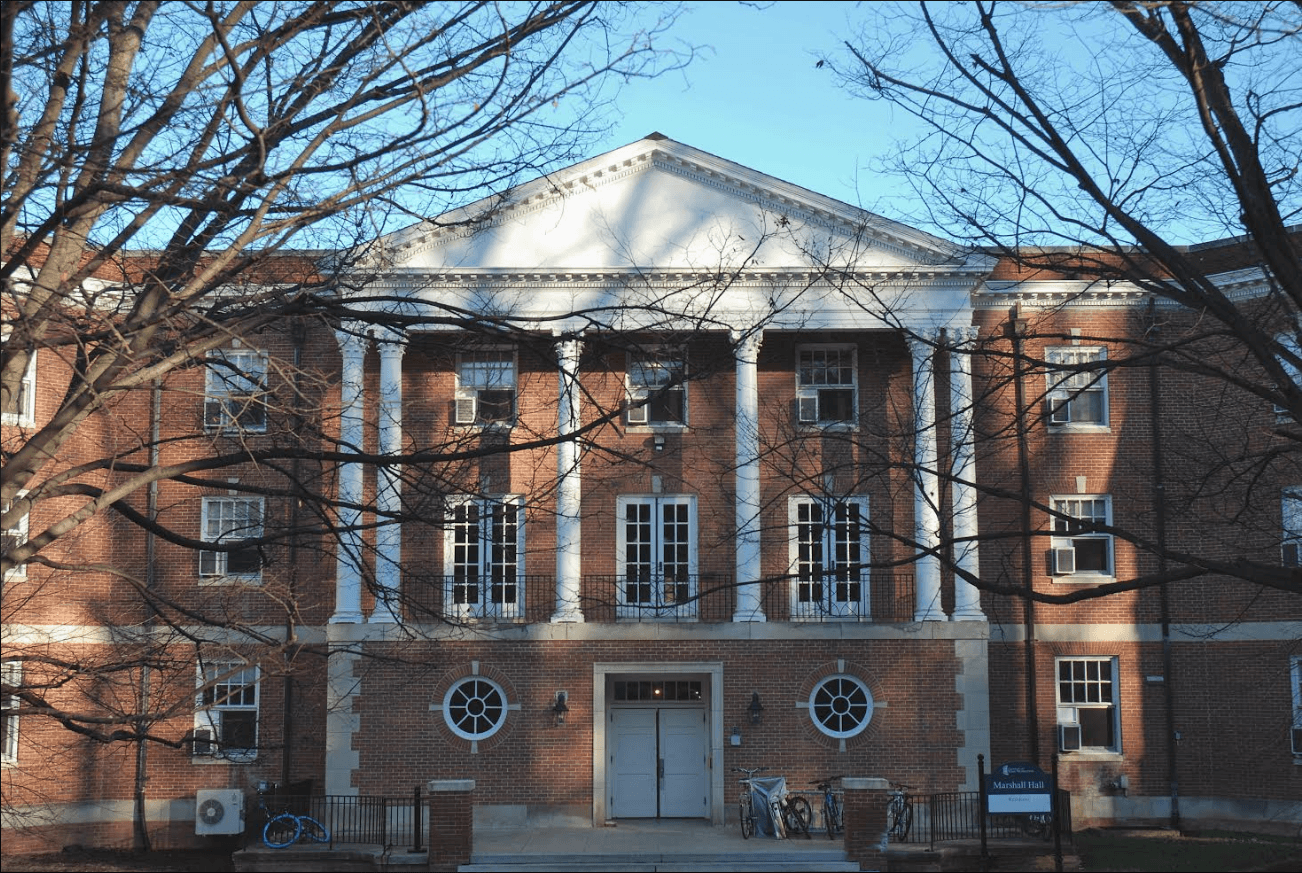Themed housing for freshmen misses the mark
3 min read
Emily Sanborn | The Blue & Gray Press
By CHLOE MARTIN
Staff Writer
The freshman housing process has proved controversial among students. The specific goal of the university in putting together a program like this is to create a home-like environment where students can have intellectual discussions outside of the often rigid classroom environment. This intention is noble, though many students may question the overall effectiveness of such a complex endeavor.
Sophomore Rebecca Young from Randolph Hall particularly struggled with freshman housing application, as her Freshman Seminar (FSEM) survey form did not make it to the university both times that she tried to send it. Because of the relationship between the FSEM and a student’s residence hall, this resulting lack of available FSEM courses also led to limited housing options when she finally got the issue sorted out, though she had committed to the university very early in her senior year of high school.
Freshman Sara Powers of Virginia Hall said that her only real grievance with her residence hall was that she never really got to know the other students that she was living with. “I feel like there wasn’t that sense of community unless you went and sought it out,” she said. “I’m friends with people from my FSEM because I met them in my FSEM, not because I met them in my Res Hall. That sense of community that’s supposed to be there just isn’t there.”
Freshman Kayley Blackwell from Mason Hall noted that even though she did not feel that it was the fault of the university, she did not feel any real sense of community in her freshman housing arrangement. She also expressed that the conversations from her FSEM were never brought back home to Mason, and did not create those lasting connections that many students expected.
Melanie Skahen, a sophomore who previously resided in Randolph Hall, noted that the sense of community varies from hall to hall, even if that is just the perception. “Randolph is very much ‘keep to yourself,’” she said. “It’s not like Virginia where everyone’s got their door open and is like ‘come on in’ all the time. It’s just not like that in Randolph.”
While students acknowledged the flaws of the FSEM-based living situation, they also were able to describe their freshman residence hall with some fond memories.
Skahen noted one instance in particular where there was humorous contention between Mason and Randolph Halls over a shared microwave. While she didn’t think that the FSEM lived up to its fullest potential, she acknowledged that many students would go out and build that sense of community within their residence halls on their own.
Christine Wehner, a freshman in Russell Hall, gave perhaps the most positive account of her living situation. “It worked well for me,” said Wehner. “I’m not going to make any broad assumption that it worked well for everyone, but it worked for me. You know, I’m a little more shy so it was helpful to have that contact with people sort of built in. It’s easier to spend time with the people you live with, so that was really nice. Knowing that I could talk to them about something specific to start a conversation like our different assignments or the FSEM professor or whatever was helpful. I found it to be quite helpful, having this smaller community of peers to interact with.”


